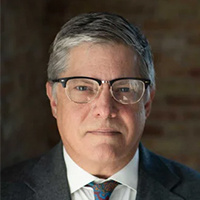Slinger Felony Lawyer, Wisconsin
Kirk Bowden Obear
✓ VERIFIEDCriminal, Felony, Traffic, White Collar Crime, DUI-DWI
Wisconsin Statewide Criminal Defense in all State and Federal Courts
Attorney Kirk Obear came to Wisconsin in 1999 after serving in the U.S. Air Force for more than ten years. He graduated summa cum laude from Mount Oli... (more)
FREE CONSULTATION
CONTACTFREE CONSULTATION
CONTACTWendy A. Patrickus
Criminal, Traffic, Felony, Misdemeanor
Status: In Good Standing Licensed: 36 Years


